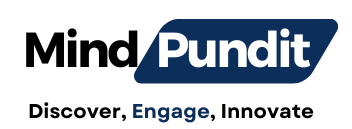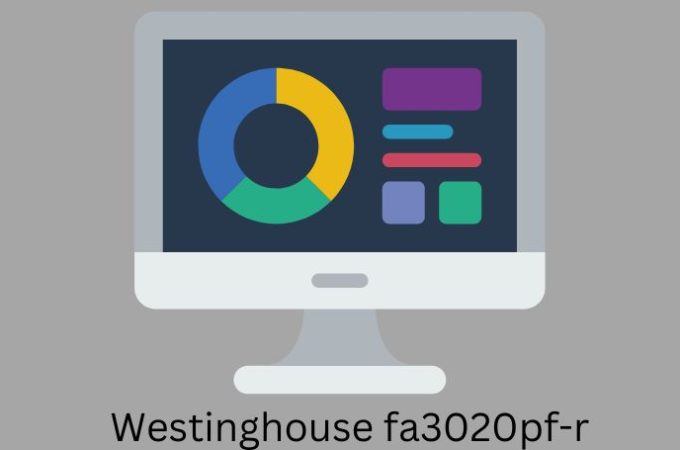
Document Verification : Intensifying Security among Various Industries
In the digital world, not a single industry is safe from the harms of document fraud. For that reason, document verification has become massively important for different sectors to protect their products and services from cyberattacks and fraud. The verification of documents serves a crucial purpose for industries to promote the legitimacy of contracts and protect sensitive data.
In 2023, 9 out of 10 sectors in the telecommunication industry considered automatic document verification a significant tool to reduce the threats of fraudulent breaches. The digital advancement in document verification has led industries to verify essential documents against various parameters like holograms, edited information, and Machine-Readable Zone (MRZ) codes. This blog will provide insights into the sectors that can run effectively from online document authentication.
Top Sectors that Should Use Document Verification
The major sectors using document verification for the smooth running of their business include:
- E-commerce stores
- Insurance sector
- Education sector
- Healthcare sector
E-Commerce Stores
The E-commerce store sector observed a significant surge in sales after the COVID-19 pandemic. During that period, most businesses shifted to online stores with little knowledge of document authentication. Hackers use this chance to breach the data of customers and business owners, exploiting their businesses. In 2020, scams in the e-commerce sector rose to 38%. Therefore, businesses started paying attention to securing transactions against all fraudulent matters.
E-commerce stores can combat the increasing threats of payment fraud by using real-time customer insights and machine learning. A law has been made that every online e-commerce business must perform Anti-Money Laundering (AML) and Know Your Customers (KYC) actions using advanced verification services.
Insurance Sector
In today’s uncertain world, insurance policies are one of the few ways to protect businesses from unforeseen events. The insurance sector is all about building trust among policyholders. For that reason, document verification service is crucial in the insurance sector. However, traditional manual verifications face the challenges of error-prone information and fraudulent claims. A minor error by the clerk can lead to the refutation of legal insurance claims. According to research, insurers annually make $308 billion in fraud claims payments in the US.
Hence, modern document verification approaches are far more beneficial for the insurance industry because technological advancements allow firms to gather accurate and reliable data with little to no room for error. Modern identity documentation can smoothly verify the legitimacy of the investors through the Know Your Investors (KYI) policy. Due to the rise of modern technologies, Optical Character Recognition (OCR) has become widely crucial for insurance companies. These services can efficiently detect fraud and enhance customer service.
Healthcare Sector
The healthcare sector has been growing rapidly over the last few years. With that, identity verification has become critical due to the emergence of fraudulent activities in this sector. Verification frauds in the healthcare sector usually arise through identity swapping, identity theft, and bogus marketing. Phantom billing, upcoding, and unbundling are some health crimes medical providers commit. In 2022, 50 million US residents fell victim to a data breach in the health sector. In the same year, the United States observed 707 data breaches in healthcare organizations, causing more than 500 identity records to be lost.
Digital identity verification services can be crucial in overcoming these problems. The healthcare sector should use AI-powered biometric verification systems to protect individuals from data breaches and identity theft. Digital verification services offer automated processes to verify patients’ records and histories. These services use 3D face and liveness detection methods to authenticate the users in terms of their selfies to reduce the unforeseen event of fraud.
Read here: How to choose the right video cms for fitness streaming
Education Sector
Cybercrime attacks have also been observed in the education sector. For these reasons, the safety of the students and educational institutions is at high stake due to these attacks. Students were exposed to some Malware attacks during the COVID-19 pandemic when learning was shifted to online platforms.
From November 2021 to October 2022, 233 malware attacks were observed in the education sector, where information was breached. Hackers also perform phishing attacks, attacking the institutes’ systems with scam emails that can destroy their organizations’ systems. In 2022, 8% of all phishing attacks targeted the education sector. Educational institutes should use automated solutions like online student portals and databases to protect themselves against fraud. Documents should be digitally verified so no fake identity can reach their system. Any doubtful email should be ignored to refrain from data breaches. The institutions’ ID documents should be authenticated digitally for maximum security.
Concluding Remarks
The emergence of document verification can be groundbreaking for various industries. These services are designed to secure different sectors from the detrimental effects of hackers. E-commerce stores, insurance companies, healthcare providers, and the education sector can readily equip these automated services to ensure the smooth functioning of their businesses while protecting sensitive information from leaking. Through these services, these sectors can attract authentic customers with lifetime value.
I’m Kishan Rana, an IT engineer and avid technology enthusiast. Blogging is my passion and I love to write about technological wonders. Being an SEO professional with around 8 years of experience with good leads I provide SEO services to top-level companies around the globe.





